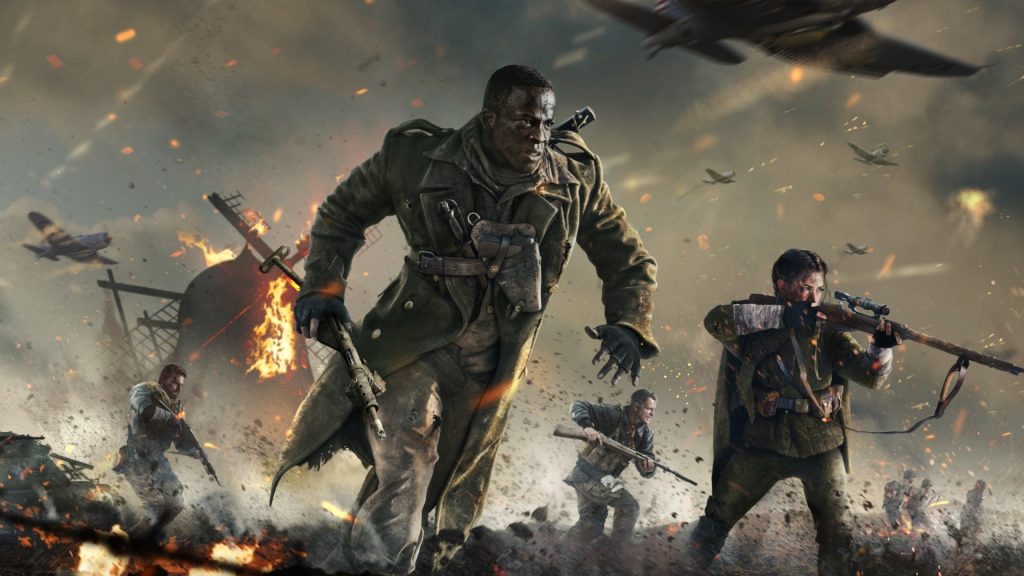The Call of Duty franchise is in an interesting position currently. Though still one of the biggest games of the year every year, the latest game – Call of Duty Vanguard – has seemingly failed to meet sales expectations, with Activision putting the blame on the game’s World War 2 setting.
The first person shooter genre has experienced many shifts over the course of the past 20 years. Going from WW2 shooters to modern military shooters to futuristic shooters and back to boots on the ground, Activision has tried to keep the franchise fresh.
Unfortunately it doesn't seem to be working, with the publisher announcing in their annual report (as reported by VGC) that “While Call of Duty remains one of the most successful entertainment franchises of all time, our 2021 premium release didn’t meet our expectations, we believe primarily due to our own execution.”
The ‘execution’ in question pertains to the fact that “The game’s World War II setting didn’t resonate with some of our community and we didn’t deliver as much innovation in the premium game as we would have liked.”
The release of COD’s free-to-play Warzone game in 2020 served as one of the best and worst things to happen to the franchise. With the Battle Royale game shooting to success shortly following its release, the premium Call of Duty titles were stuck in an awkward position due to their comparative value being seemingly not worth it. Call of Duty is in an interesting and transitory place in its life and it will be interesting to see what the future holds.
KitGuru says: What do you think of Call of Duty Vanguard? Did you buy it? What does COD need to do to stay relevant? Let us know down below.
 KitGuru KitGuru.net – Tech News | Hardware News | Hardware Reviews | IOS | Mobile | Gaming | Graphics Cards
KitGuru KitGuru.net – Tech News | Hardware News | Hardware Reviews | IOS | Mobile | Gaming | Graphics Cards


